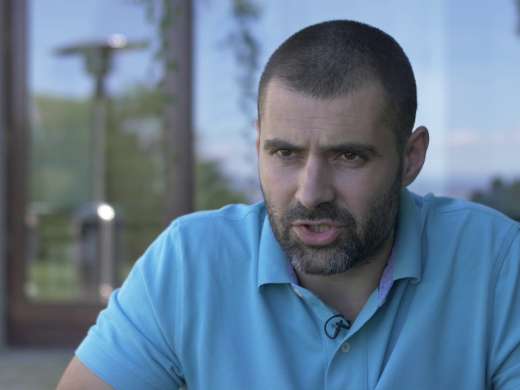Title: Modelling Inter-Individual Differences in Cardiometabolic Adaptations to Exercise: Insights from Cardiopulmonary Testing and Threshold-Based Prescription in Sport Talents
Short abstract:
Maximal oxygen uptake (V̇O₂ max.) is a key indicator of cardiorespiratory fitness and training effectiveness. However, current literature suggests that responses to endurance training show considerable inter-individual variability. Approximately 20% of healthy individuals may not exhibit meaningful improvements in V̇O₂ max. despite adherence to structured endurance training and are classified as non-responders. This heterogeneity likely stems from both biological and methodological factors. Genetic predisposition may account for up to 50% of the variability in training response, while modifiable factors—such as exercise type, volume, and intensity prescription—also play a critical role. Notably, prescribing intensity relative to physiological thresholds (e.g., VT1, VT2, or critical power) rather than traditional anchors (e.g., %HR max.) has been shown to improve cardiorespiratory fitness response rates. However, it remains unclear whether this is due to greater mean improvements, reduced variability, or both. Even among genetically identical individuals (e.g., twins), differences in training exposure may point to the importance of environmental, lifestyle, and individual adaptive factors. Increasingly, research questions whether non-response in V̇O₂ max. associates to a lack of benefit across other performance markers, reinforcing the importance of a broader perspective on training outcomes among sport talents and the need for personalized exercise prescription.
Short professional CV:
My work focuses on the non-invasive evaluation of the oxygen pathway—examining physiological factors that limit oxygen transfer from ambient air to the mitochondria. I investigate this across diverse populations (including cancer patients), exercise paradigms (from incremental protocols to square-wave transitions), and training modalities, with emphasis on intra-individual variability and adaptation heterogeneity. These studies offer insights into mechanisms regulating acute and long-term responses to exercise under both physiological and pathological conditions, informing evidence-based exercise prescriptions for clinical and general populations. I completed accredited courses in clinical trial management at the Center for Clinical Trials, University of Cologne, and apply these skills in my current research. I have published 35 papers indexed in PubMed and Web of Science, with over 400 citations. My work has received awards at the AGSMO Conference in Berlin (2023, 2025) and has been supported by the Slovenian National Research Agency (ARIS) and the University of Cologne. I serve on the editorial boards of five PubMed- and WOS-indexed journals.
Link to personal website or scientific profile
https://orcid.org/0000-0003-4204-4207


